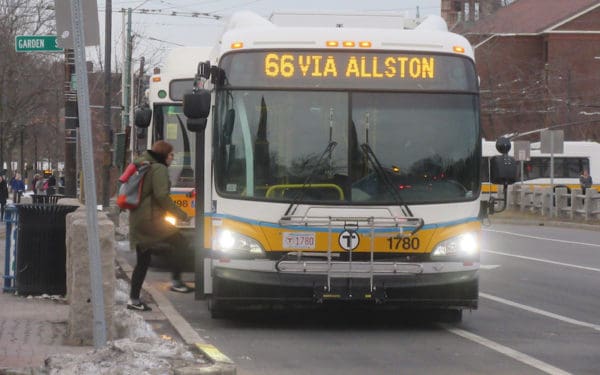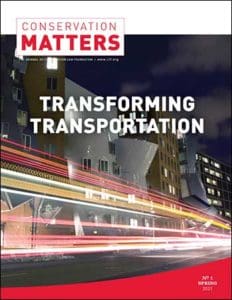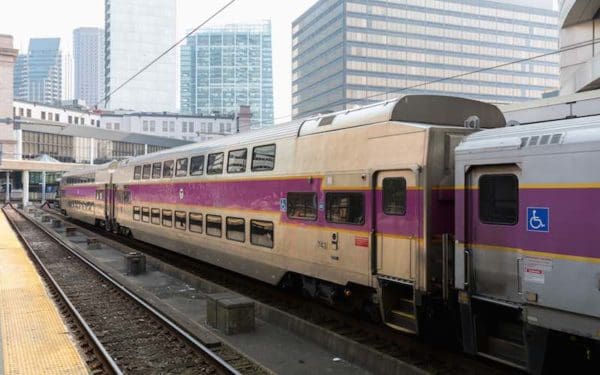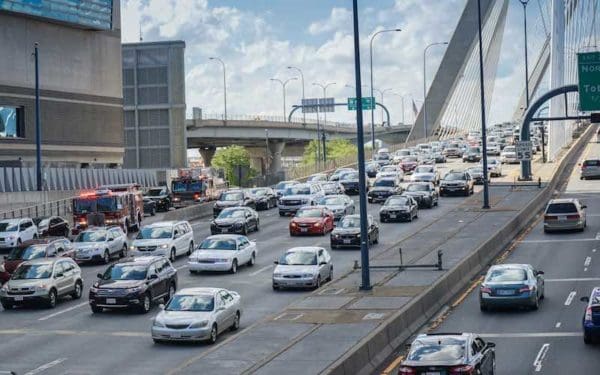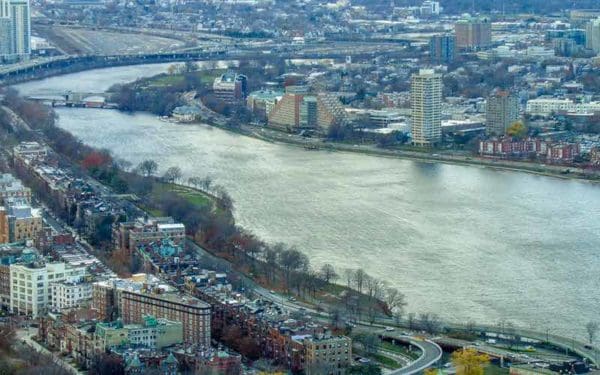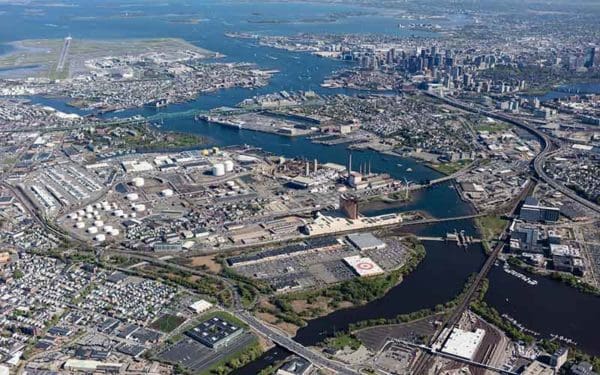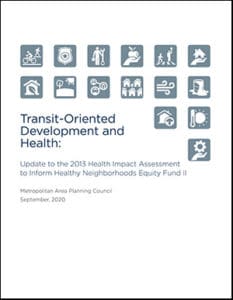Aug 20, 2021
In late July, Governor Baker signed a law that establishes a new, permanent board to oversee the MBTA. This is a huge win for communities and riders who depend on the T to get where they need to go, and it has the potential to lead to much-needed changes within the transit system.
Jul 21, 2021
“The era of kicking the can down the road at the MBTA is over,” said Staci Rubin, Vice President of Environmental Justice at CLF. “People in nearly 200 communities depend on the T to get where they need to go, and it’s time we get a reliable, affordable system that works for everyone. This bill will make sure that the oversight board understands the issues plaguing the MBTA and has the vision to create a better system for everyone.”
Apr 16, 2021
We find ourselves on the cusp of a sea change in how we transport people and goods as we urgently work to cut the climate-damaging emissions that spew from New Englanders’ tailpipes.
Dec 21, 2020
“TCI has the potential to fill a glaring gap in transportation funding and to reduce emissions, but it has been fraught by a process that too often ignored community concerns,” said CLF President Bradley Campbell. “While today’s agreement includes important equity commitments, it is the next steps that matter most. CLF can only support this program if these commitments become enforceable policies and truly additive investments in climate and the communities suffering most from air pollution and lack of transportation options.”
Dec 14, 2020
“Slashing these critical services will be catastrophic for communities that depend on public transit,” said Staci Rubin, Senior Attorney at CLF. “It’s senseless to cut services that essential workers depend on each day while COVID continues to rage. These cuts are not as bad as originally proposed, but they will nevertheless upend the lives of thousands of people, set the state back in reaching our climate goals, and hinder economic recovery after the pandemic.”
Oct 30, 2020
“It is past time for MassDOT to heed the consensus among Mayor Walsh, transportation experts, and affected neighborhoods that the all at-grade approach is the best one for Boston, for commuters, and for the river,” said Bradley Campbell, President of Conservation Law Foundation. “The Baker Administration should start working for rather than against its own vision for the future of transportation in the Commonwealth.”
Oct 14, 2020
Environmental justice requires reversing and repairing the impacts of decades of environmental racism. Residents of environmental justice communities are the most likely to bear the burdens polluting industries and infrastructure, while having to fight for their share of resources we all need — healthy homes, schools, transit, food, and open space.
Sep 01, 2020
This new rapid Health Impact Assessment (HIA) explores how transit-oriented development impacts health and contributes to social, environmental, and economic changes. A collaboration between the Metropolitan Area Planning Council and Conservation Law Foundation
Jul 14, 2020
“Electric cars, trucks, and buses are the future,” said CLF Senior Attorney Emily Green. “Cutting transportation emissions to zero is a critical piece of confronting the climate crisis and protecting public health from toxic exhaust. This is yet another example of states leading the way while the federal government turns back the clock on environmental progress.

